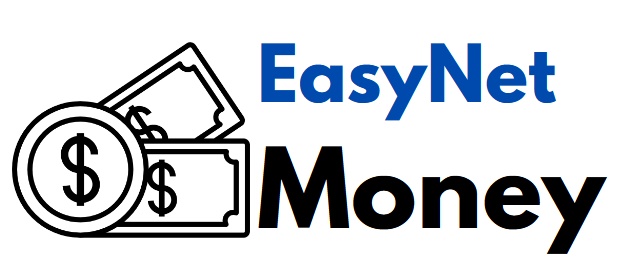The Securities and Exchange Commission launched a case against Ripple Labs executives Brad Garlinghouse and Chris Larson for dealing in unregistered securities in 2020. The regulatory agency kept dragging the case longer than a year by asking the court to grant the prosecution an extension in lieu of discovery.
A legal expert who has been following the development of the case recently claimed that the regulatory agency has recently weakened its position in the case further. Jeremy Hogan further explained that the Securities and Exchange Commission has decided to opt-out of a discovery process that allows both sides to share and exchange information relevant to the case.
Hinman’s Emails have Damaged SEC’s Position in Ripple Lawsuit
An NGO recently issued a series of email correspondence between former SEC employee William Hinman and his current employer firm in NYC. The email evidence suggests the conflict of interest on the part of Hinman for demoting XRP and promoting Ethereum. Hogan claims that SEC should be going forward to ask for more delays to gather their resources and prosecute the lawsuit.
Hogan further claimed that SEC has declared that it has completed its discovery phase, which can be a tactic to do the same. He further explained that SEC is also trying to wave responsibility and accountability in the case of William Hinman, which can create more legal issues for the agency going forward.
It is worth noting that President Biden recently nominated former Ripple Labs counsel Michael Barr as the next Federal Reserve VC. The move comes at a time when the Central bank is under considerable pressure to sustain the economy during the upcoming recession period. According to Jeremy Hogan, the SEC should clarify its position on the matter of William Hinman.
He further explained that Ripple Lawyers could take an offensive position on Hinman’s 2018 speech about Ethereum not getting qualified as security. Hogan claims that SEC has yet to explain if the speech was personal or issued on behalf of the SEC. He said that SEC lawyers were unable to provide sufficient evidence to create a viable legal exemption for them during the case proceedings.

